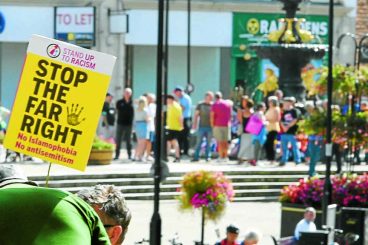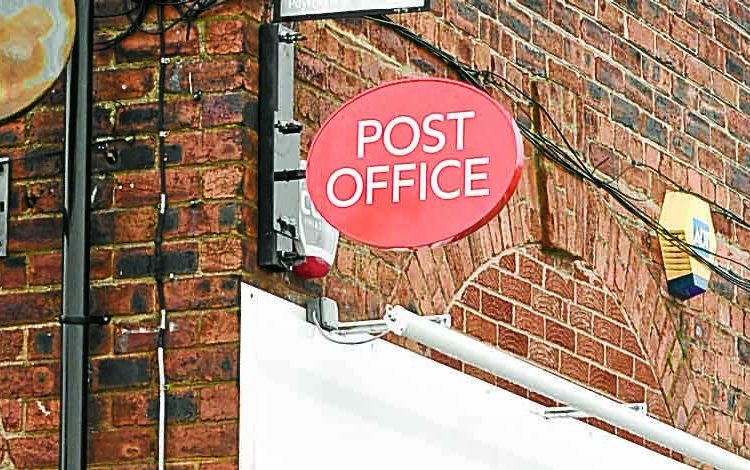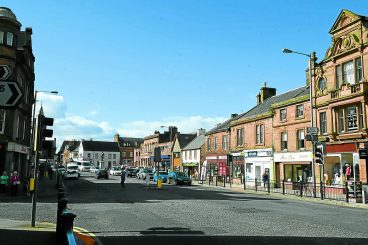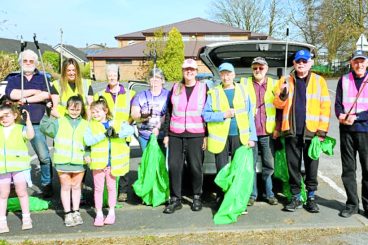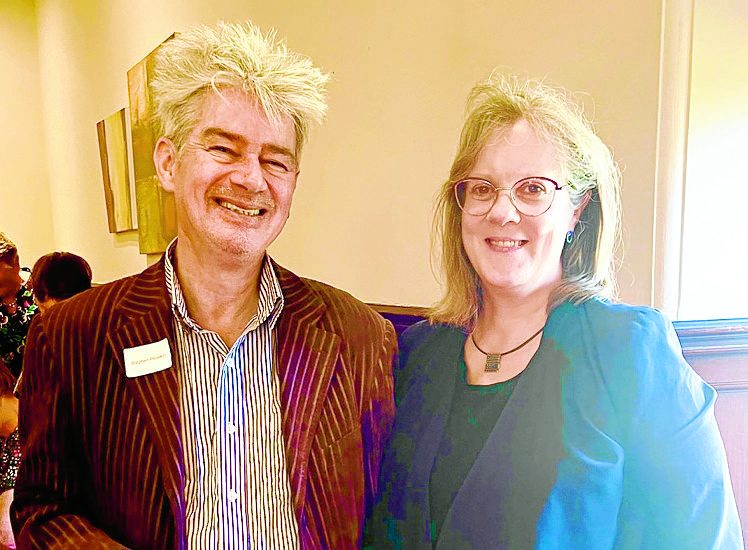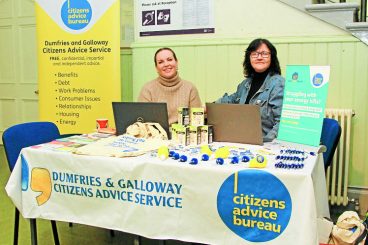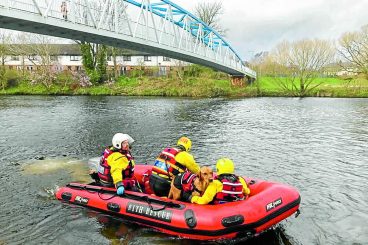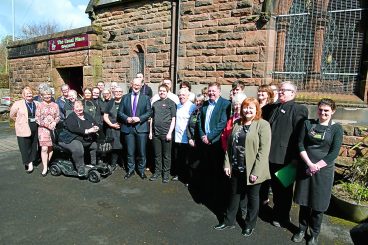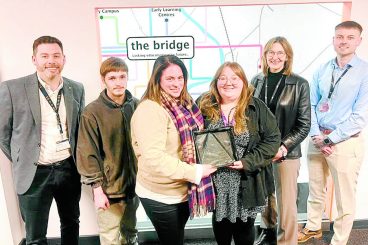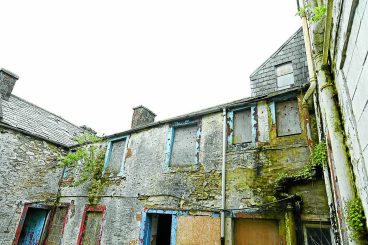And in many cases, individuals are not seen within the three-hour guidelines as set out by the Scottish Government.
The situation has been described as “very concerning” by Rape Crisis Scotland, who underline the significant impact this can have on women following a harrowing attack.
Chief executive Sandy Brindley said: “The biggest issue rape survivors raise with us about forensic examinations is how distressing it can be being examined by a male doctor, often in the hours immediately after being raped.
“There have been improvements in responses in recent years, but it’s very concerning that less than half of survivors see a female examiner.
“Delays in examinations can also cause huge distress, as someone can’t wash until the examination takes place.
“The least someone deserves after being through such a traumatic experience is an examination by a female doctor, when they wish this, that takes place in comfortable surroundings and where they don’t have to wait for hours without being able to wash.”
The examination figures emerged at the NHS Dumfries and Galloway board meeting last week where plans for service improvement were discussed.
A report tabled at the meeting showed there were 22 sexual forensic examinations locally in 2020, of which 45 per cent were carried out by a female examiner.
Sixteen cases occurred at night in the out-of-hours period, while the remaining six were daytime.
The region’s Sexual Assault Response Co-ordination Services is working flat-out to improve the situation.
The old model of a handful of practising GPs carrying out the forensic examinations is no longer sustainable and investment is being made to provide a more robust service that meets government criteria, and also provides proper out-of-hours cover.
The matter was discussed at last week’s health board meeting where it was heard that new measures should be in place by April 1.
Manager Alison Solley said the Scottish Government is happy with the progress so far.
She explained that adverts for more forensically-trained nurses have had a good response, and several doctors have also expressed an interest in the work.
Meanwhile, an independent company which runs forensic and sexual examination work across Scotland could be contracted as a back-up.
“We’re hopeful that we won’t ever have to use this,” said Alison. “But we may well have to go down that route while we establish our local model.”
A spokesperson for Dumfries and Galloway Rape Crisis and Sexual Abuse Support Centre said: “There have been improvements in responses to carrying out sexual offence examinations in recent years, however there are still issues meeting the three hour national requirement and this is mainly due to the rurality of some locations within Dumfries and Galloway.
“In all cases, police and other agencies involved strive to make sure the victim is fully supported, and arrangements are made to accommodate an examination at the earliest convenience.
“The survivor’s emotional needs are a priority.”






